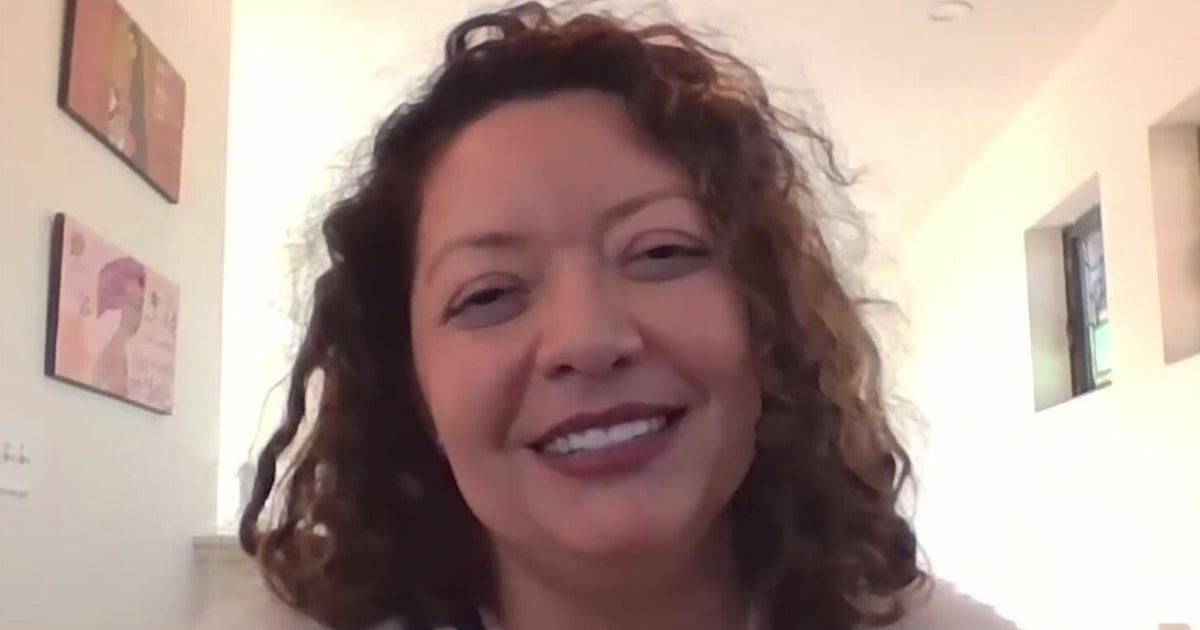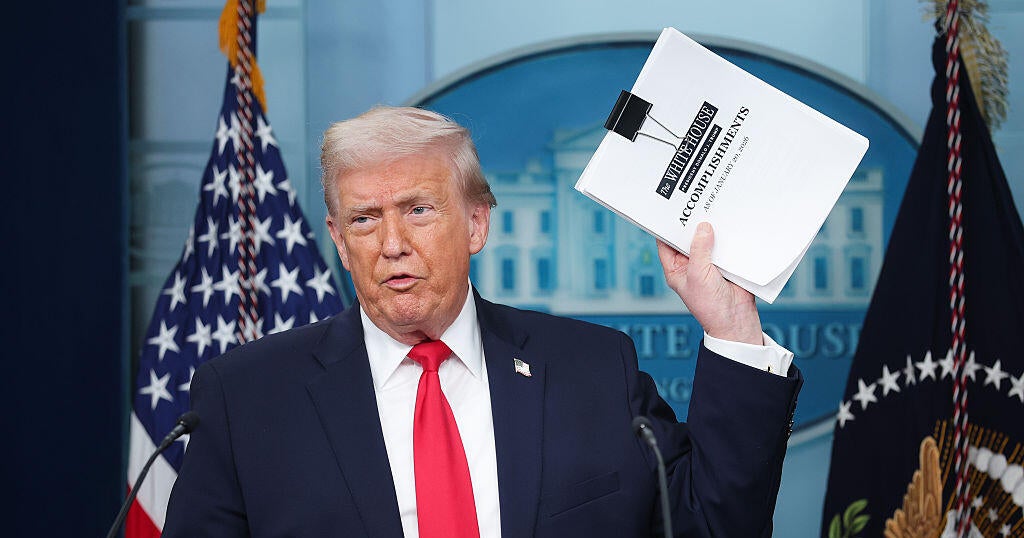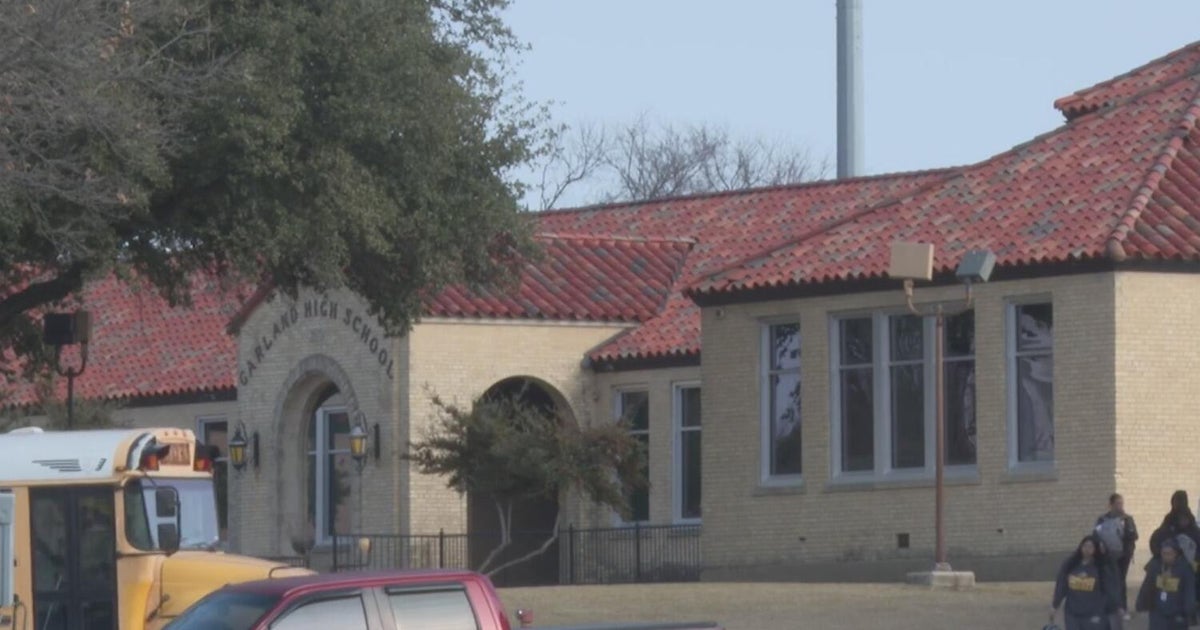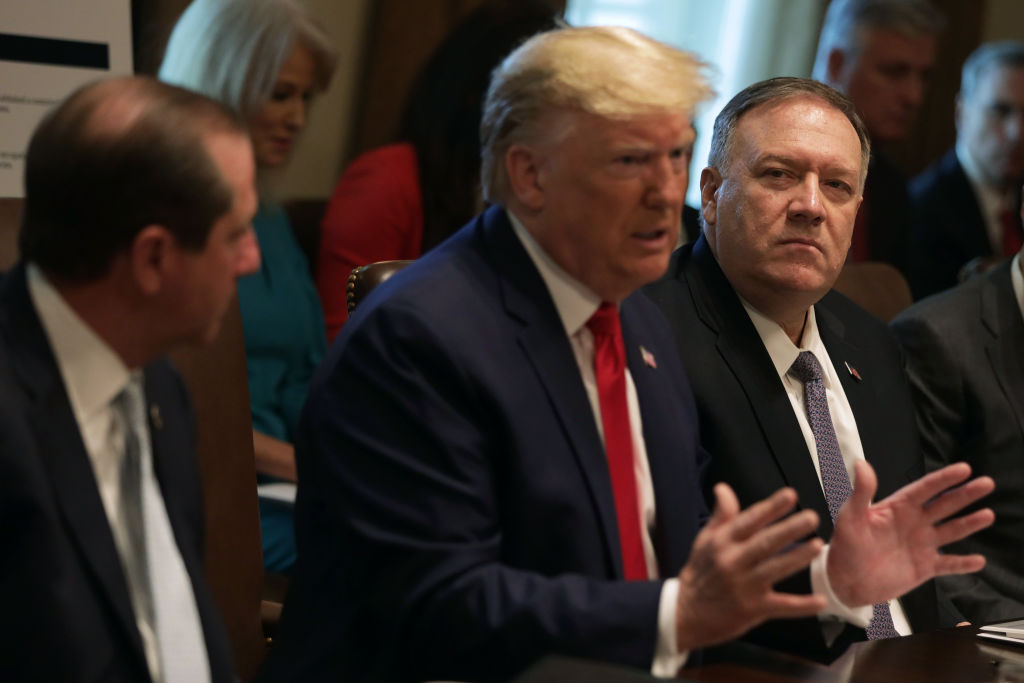Trump's attempt to stop vote counting "a gross abuse of office," international observers say
London — The leader of a team of international election observers monitoring the U.S. election called President Trump's demand to end the counting of votes across the country "disturbing" and a "gross abuse of office."
"The really disturbing thing was that the American commander-in-chief demanded an end to the count with a presidential fanfare from the White House. That is, with all the insignia of power, because of his alleged victory," Michael Georg Link, special coordinator and leader of the short-term OSCE observer mission, told the Stuttgarter Zeitung newspaper.
"This was a gross abuse of office. No member of the government is entitled to terminate an election," he said.
International election observers from the Organization for Security and Cooperation in Europe (OSCE) visit countries around the world to "assess the extent to which elections respect fundamental freedoms and are characterized by equality, universality, political pluralism, confidence, transparency and accountability."
The U.S. is a member of the security-oriented intergovernmental organization of 57 countries, and at the invitation of the State Department, OSCE observers have monitored nine U.S. elections since 2002.
In a press conference on Wednesday, leaders from the OSCE mission to the U.S. said that "allegations of systemic wrongdoing" in the elections "have no solid ground," but warned that "legal uncertainty and unprecedented attempts to undermine public trust" threatened to tarnish the outcome and undermine the democratic process in America.
"Counting and tabulation are ongoing and should continue in accordance with the law and OSCE commitments. Nobody, no politician, no elected official, nobody should limit the people's right to vote," Link told journalists.
"Making sure that every vote is counted is a fundamental obligation of all branches of government. Baseless allegations of systematic deficiencies, notably by the incumbent President, including on election night, harm public trust in democratic institutions," he continued.
Urszula Gacek, jead of the OSCE's long-term observation mission, who spoke Wednesday alongside Link, said the U.S. electoral system had worked, "despite legal and technical challenges and deliberate attempts by the incumbent president to weaken confidence in the election process."
She noted that the election is not over, pending vote counts in a few key states, and that international observers would remain in the U.S. for at least 10 days, and possibly longer.
Regarding the U.S. Postal Service's handling of mail-in ballots, Gacek said the OSCE had "been able to see the processing and handling of ballots, and as of today… there is nothing to report, nothing untoward to report."
In Michigan, one of several vital battleground states where Mr. Trump has sued to stop ballots being counted, Link said the OSCE had been on the ground in and "explicitly looked into this process deeply and comprehensively and could not find any indication of a problem." Mr. Trump is alleging that Republican observers were not given meaningful access to the polling place.
In the interview published in Stuttgarter Zeitung on Thursday, Link used less circumspect language.
"Trump's accusations of manipulation [in Michigan] are groundless. Our colleagues are still on site and can confirm that election observers from the respective political camps were also admitted and that postal votes are still being counted correctly," he said.
"Unfortunately, we had to observe extreme methods of undermining confidence in the election process, even during the election campaign," Link told Stuttgarter Zeitung. "A negative highlight was certainly [Mr. Trump's] appearance on election night," he said, adding his concern that the president's remarks could prove dangerous even if he eventually accepts an election loss.
"Even if he were to admit defeat and properly hand over the office, his supporters, spurred on by the rhetoric, might see violence as a legitimate means because they no longer feel democratically represented," Link said. "This is a danger that extends far beyond election day."





